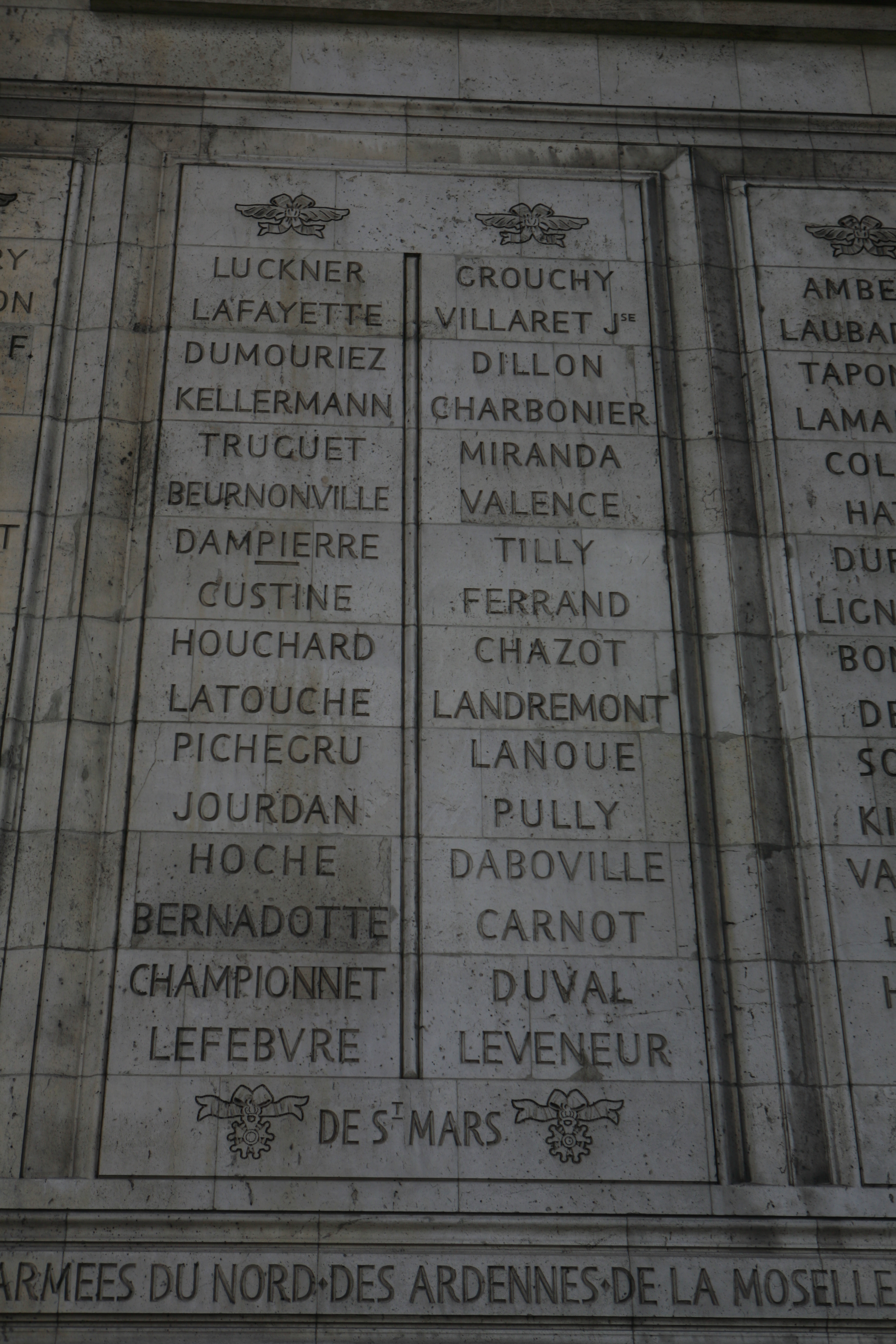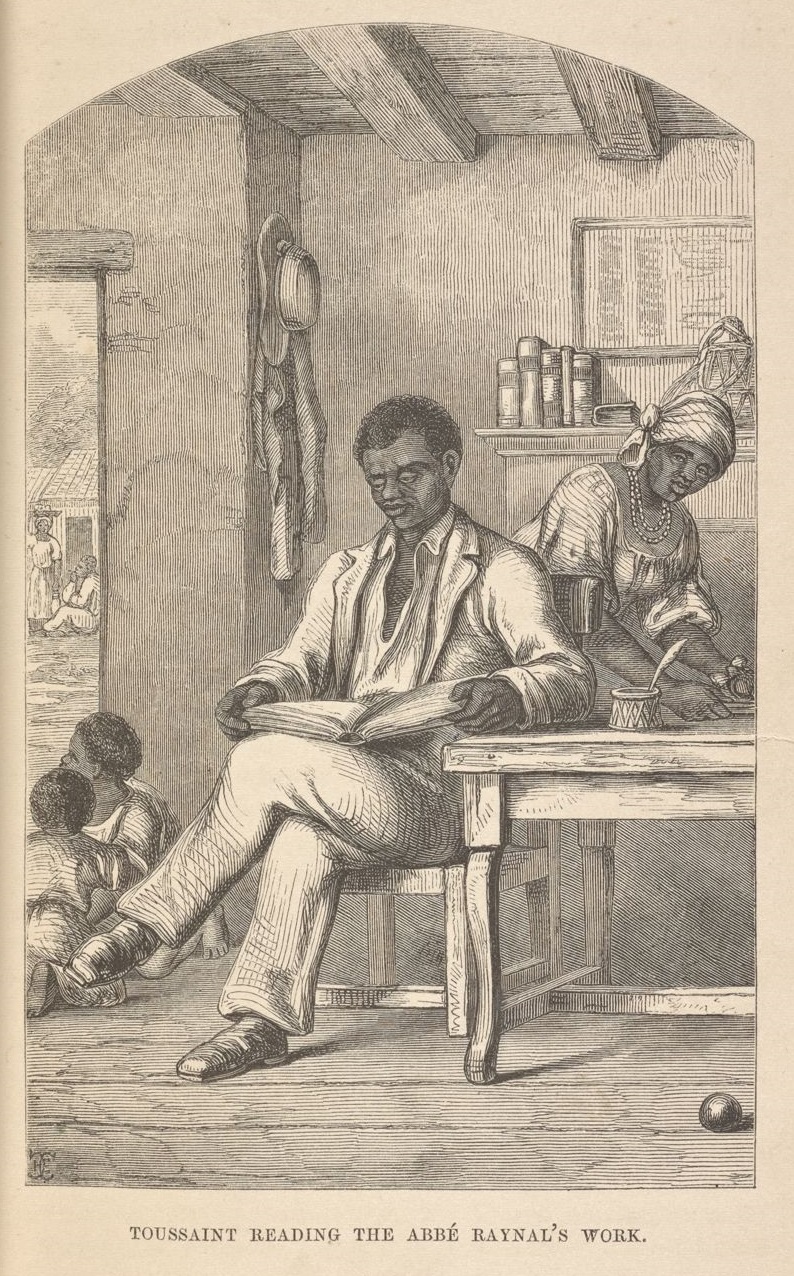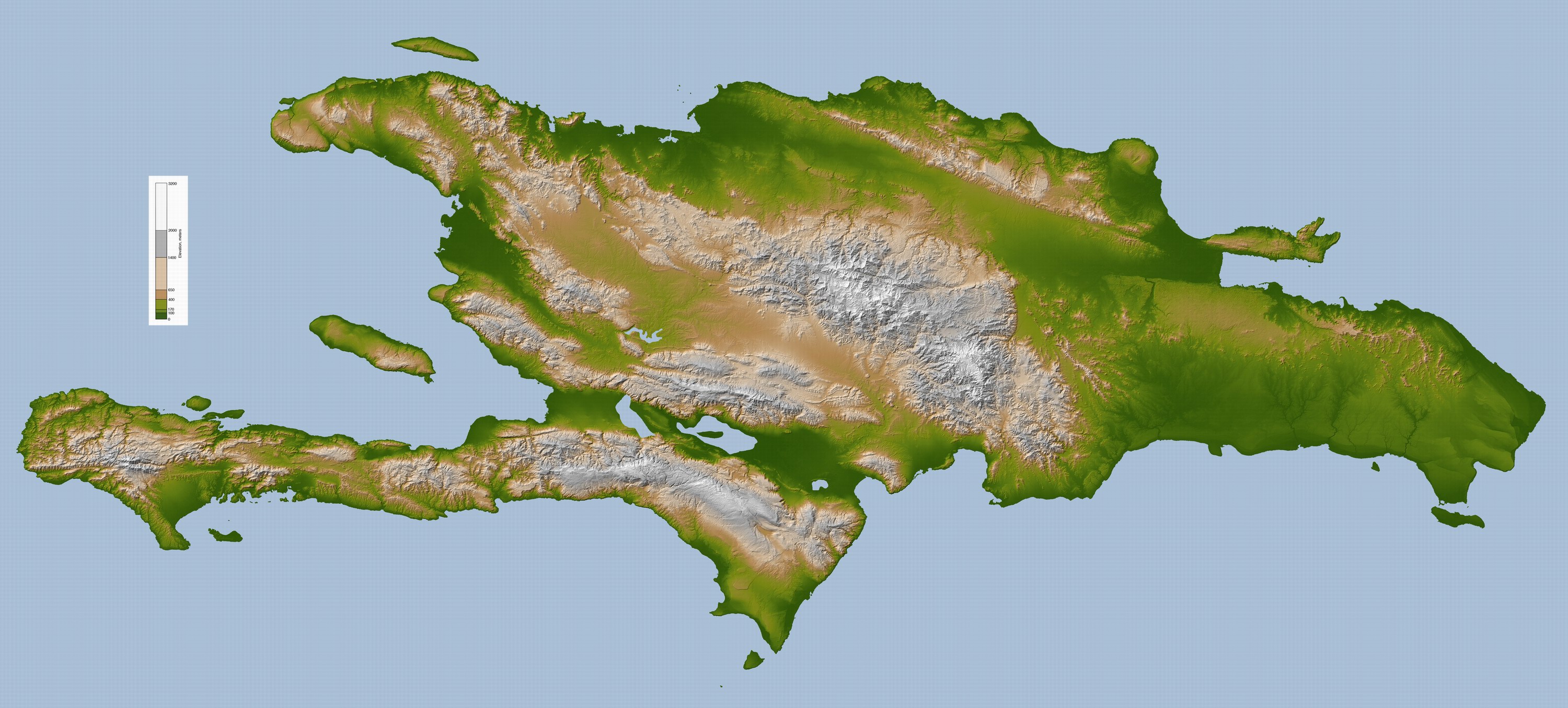|
Joseph-Alphonse Esménard
Joseph-Alphonse Esménard (1770, in Pélissanne – 25 June 1811, in Fondi) was a French poet and the brother of the journalist Jean-Baptiste Esménard and father of the artists Inès Esménard and Nathalie Elma d'Esménard. Biography In 1790, a year after the beginning of the French Revolution, Esménard was a royalist deputy. He was proscribed on Aug. 10, 1792 and consequently left France to travel around Europe, going to England, the Netherlands, Germany, Italy, Constantinople (present-day Istanbul in Turkey), and Greece. Returning to Paris in 1797, he wrote for ''La Quotidienne'' but was forced to emigrate again that same year after the Coup of 18 Fructidor in September, not without first spending two months in the Prison du Temple."Joseph-Alphonse Esménard,Académie Française website retrieved 23 March 2022 He returned to France again after the Coup of 18 Brumaire in 1799, but afterwards left for Saint-Domingue as secretary to general Leclerc on the Saint-Domingue ex ... [...More Info...] [...Related Items...] OR: [Wikipedia] [Google] [Baidu] |
Pélissanne
Pélissanne (; oc, Peliçana) is a commune in the Bouches-du-Rhône department in southern France. It is close to Aix-en-Provence and Salon-de-Provence. Population See also *Communes of the Bouches-du-Rhône department The following is a list of the 119 communes of the Bouches-du-Rhône department of France. The communes cooperate in the following intercommunalities (as of 2020):Official website Communes of Bouches-du-Rhône [...More Info...] [...Related Items...] OR: [Wikipedia] [Google] [Baidu] |
Coup Of 18 Fructidor
The Coup of 18 Fructidor, Year V (4 September 1797 in the French Republican Calendar), was a seizure of power in France by members of the Directory, the government of the French First Republic, with support from the French military. The coup was provoked by the results of elections held months earlier, which had given the majority of seats in the country's Corps législatif (Legislative body) to royalist candidates, threatening a restoration of the monarchy and a return to the ancien régime. Three of the five members of the Directory, Paul Barras, Jean-François Rewbell and Louis Marie de La Révellière-Lépeaux, with support of foreign minister Charles Maurice de Talleyrand-Périgord,Bernard, pp. 193–194. staged the coup d'état that annulled many of the previous election's results and ousted the monarchists from the legislature. History Royalist candidates had gained 87 seats in the 1795 elections, where a third of the seats were at stake. A reversal of the majority in fa ... [...More Info...] [...Related Items...] OR: [Wikipedia] [Google] [Baidu] |
Naples
Naples (; it, Napoli ; nap, Napule ), from grc, Νεάπολις, Neápolis, lit=new city. is the regional capital of Campania and the third-largest city of Italy, after Rome and Milan, with a population of 909,048 within the city's administrative limits as of 2022. Its province-level municipality is the third-most populous metropolitan city in Italy with a population of 3,115,320 residents, and its metropolitan area stretches beyond the boundaries of the city wall for approximately 20 miles. Founded by Greeks in the first millennium BC, Naples is one of the oldest continuously inhabited urban areas in the world. In the eighth century BC, a colony known as Parthenope ( grc, Παρθενόπη) was established on the Pizzofalcone hill. In the sixth century BC, it was refounded as Neápolis. The city was an important part of Magna Graecia, played a major role in the merging of Greek and Roman society, and was a significant cultural centre under the Romans. Naples served a ... [...More Info...] [...Related Items...] OR: [Wikipedia] [Google] [Baidu] |
Académie Française
An academy (Attic Greek: Ἀκαδήμεια; Koine Greek Ἀκαδημία) is an institution of secondary education, secondary or tertiary education, tertiary higher education, higher learning (and generally also research or honorary membership). The name traces back to Plato's school of philosophy, founded approximately 385 BC at Akademia, a sanctuary of Athena, the goddess of wisdom and Skills, skill, north of Ancient Athens, Athens, Greece. Etymology The word comes from the ''Academy'' in ancient Greece, which derives from the Athenian hero, ''Akademos''. Outside the city walls of Athens, the Gymnasium (ancient Greece), gymnasium was made famous by Plato as a center of learning. The sacred space, dedicated to the goddess of wisdom, Athena, had formerly been an olive Grove (nature), grove, hence the expression "the groves of Academe". In these gardens, the philosopher Plato conversed with followers. Plato developed his sessions into a method of teaching philosophy and in 3 ... [...More Info...] [...Related Items...] OR: [Wikipedia] [Google] [Baidu] |
Journal De L'Empire
A journal, from the Old French ''journal'' (meaning "daily"), may refer to: *Bullet journal, a method of personal organization *Diary, a record of what happened over the course of a day or other period *Daybook, also known as a general journal, a daily record of financial transactions * Logbook, a record of events important to the operation of a vehicle, facility, or otherwise *Record (other) *Transaction log, a chronological record of data processing *Travel journal In publishing, ''journal'' can refer to various periodicals or serials: *Academic journal, an academic or scholarly periodical ** Scientific journal, an academic journal focusing on science ** Medical journal, an academic journal focusing on medicine **Law review, a professional journal focusing on legal interpretation * Magazine, non-academic or scholarly periodicals in general **Trade magazine, a magazine of interest to those of a particular profession or trade ** Literary magazine, a magazine devoted to li ... [...More Info...] [...Related Items...] OR: [Wikipedia] [Google] [Baidu] |
First French Empire
The First French Empire, officially the French Republic, then the French Empire (; Latin: ) after 1809, also known as Napoleonic France, was the empire ruled by Napoleon Bonaparte, who established French hegemony over much of continental Europe at the beginning of the 19th century. It lasted from 18 May 1804 to 11 April 1814 and again briefly from 20 March 1815 to 7 July 1815. Although France had already established a colonial empire overseas since the early 17th century, the French state had remained a kingdom under the Bourbons and a republic after the French Revolution. Historians refer to Napoleon's regime as the ''First Empire'' to distinguish it from the restorationist ''Second Empire'' (1852–1870) ruled by his nephew Napoleon III. The First French Empire is considered by some to be a " Republican empire." On 18 May 1804, Napoleon was granted the title Emperor of the French (', ) by the French and was crowned on 2 December 1804, signifying the end of the French ... [...More Info...] [...Related Items...] OR: [Wikipedia] [Google] [Baidu] |
Martinique
Martinique ( , ; gcf, label=Martinican Creole, Matinik or ; Kalinago: or ) is an island and an overseas department/region and single territorial collectivity of France. An integral part of the French Republic, Martinique is located in the Lesser Antilles of the West Indies in the eastern Caribbean Sea. It has a land area of and a population of 364,508 inhabitants as of January 2019.Populations légales 2019: 972 Martinique INSEE One of the , it is directly north of Saint Lucia, northwest of |
Louis Thomas Villaret De Joyeuse
Louis-Thomas Villaret de Joyeuse (29 May 1747Granier, p.87Some biographers give a date of 1750 (Levot, p.541). Granier quotes the registers of Sainte-Marie parish. – 24 July 1812Levot, p.544) was a French admiral. Villaret was born at Auch. After serving in the Indies under Suffren, he rose in rank during the early stages of the French Revolution. He was in command of the French fleet during the Glorious First of June, where despite being handed a heavy tactical defeat, he ensured the passage of a vital grain convoy to France. He led the French fleet during the disastrous Croisière du Grand Hiver and failed to prevent a British fleet from successfully retreating, with his last battle being a defeat off Groix. He was relieved when he refused to serve for the disastrous Expédition d'Irlande. Villaret was then elected at the Council of Five Hundred. He joined the Club de Clichy, a party promoting colonies and slavery, and harbouring Royalist sympathies. After the Coup of 1 ... [...More Info...] [...Related Items...] OR: [Wikipedia] [Google] [Baidu] |
Anne Jean Marie René Savary
Anne Jean Marie René Savary, 1st Duke of Rovigo (26 April 17742 June 1833) was a French military officer and diplomat who served in the French Revolutionary Wars, the Napoleonic Wars and the French invasion of Algeria. He was Minister of Police between 1810 and 1814. Early life and career Savary was born at Marcq in the Ardennes. He was educated at the college of St Louis at Metz and entered the royal army in 1790. His first campaign was that waged by General Custine against the retreating forces of the duke of Brunswick in 1792. He next served in succession under Pichegru and Moreau, and distinguished himself during the skilful retreat of the latter from an untenable position in the heart of Swabia. He became ''chef d'escadron'' in 1797, and in 1798 served under General Louis Desaix, in the Egyptian campaign, of which he left an interesting and valuable account. He also distinguished himself under Desaix at Marengo (14 June 1800). His fidelity and address while serving ... [...More Info...] [...Related Items...] OR: [Wikipedia] [Google] [Baidu] |
Toussaint Louverture
François-Dominique Toussaint Louverture (; also known as Toussaint L'Ouverture or Toussaint Bréda; 20 May 1743 – 7 April 1803) was a Haitian general and the most prominent leader of the Haitian Revolution. During his life, Louverture first fought against the French, then for them, and then finally against France again for the cause of Haitian independence. As a revolutionary leader, Louverture displayed military and political acumen that helped transform the fledgling slave rebellion into a revolutionary movement. Louverture is now known as the "Father of Haiti". Louverture was born enslaved on the French colony of Saint-Domingue, now known as Haiti. He was a devout Catholic who became a freeman before the revolution and, once freed, identified as a Frenchman for the greater part of his life. During his time as a freeman he attempted to climb the highly stratified social ladder on the island, combatting racism whilst gaining and losing much wealth while working as ... [...More Info...] [...Related Items...] OR: [Wikipedia] [Google] [Baidu] |
Saint-Domingue Expedition
The Saint-Domingue expedition was a French military expedition sent by Napoleon I of France, Napoleon Bonaparte, then French Consulate, First Consul, under his brother-in-law Charles Leclerc (general, born 1772), Charles Victor Emmanuel Leclerc in an attempt to regain French control of the Caribbean colony of Saint-Domingue on the island of Hispaniola, and curtail the measures of independence taken by the former slave Toussaint Louverture. It departed in December 1801 and, after initial success, ended in a French defeat at the battle of Vertières and the departure of French troops in December 1803. The defeat ended forever Napoleon's dreams of a French empire in the West. Context The French Revolution led to serious social upheavals on Saint-Domingue, of which the most important was the St. Domingue Slave Revolt, slave revolt that led to the Abolitionism in France, abolition of slavery in 1793 by the civil commissioners Léger-Félicité Sonthonax, Sonthonax and Étienne Polve ... [...More Info...] [...Related Items...] OR: [Wikipedia] [Google] [Baidu] |
Charles Victor Emmanuel Leclerc
Charles Victoire Emmanuel Leclerc (17 March 1772 – 2 November 1802) was a French Army general who served under Napoleon Bonaparte during the French Revolution. He was husband to Pauline Bonaparte, sister to Napoleon. In 1801, he was sent to Saint-Domingue (Haiti), where an expeditionary force under his command captured and deported the Haitian leader Toussaint L'Ouverture, as part of an unsuccessful attempt to reassert imperial control over the Saint-Domingue government. Leclerc died of yellow fever during the failed expedition. Biography To 1801 Leclerc started his military career in 1791 during the French Revolution as one of the army volunteers of Seine-et-Oise and passed through the ranks of sous-lieutenant in the 12th Cavalry, then aide-de-camp to general Lapoype. He was made a captain and divisional chief of staff during the siege of Toulon, at which he first allied himself to Napoleon Bonaparte. Following the revolutionary success there, he campaigned along the Rhine. ... [...More Info...] [...Related Items...] OR: [Wikipedia] [Google] [Baidu] |



